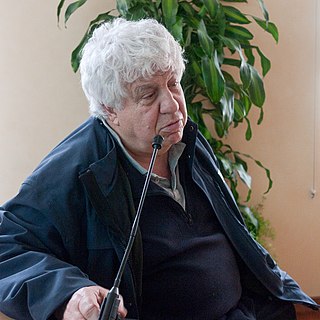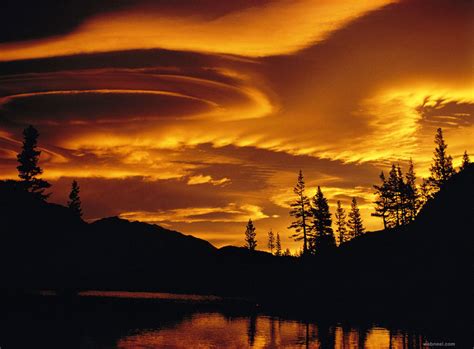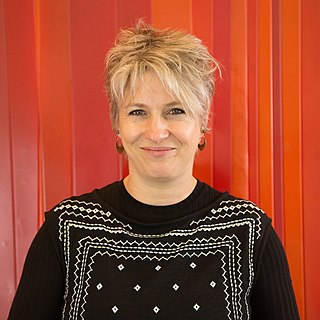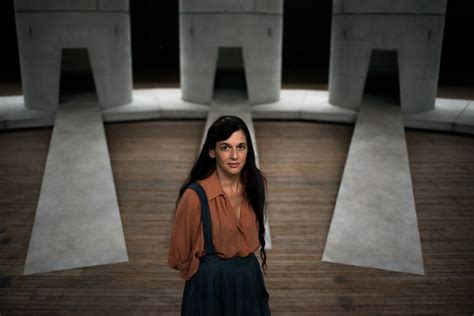A Quote by Guy Le Querrec
Photography is an ambiguous challenge to chance.
Quote Topics
Related Quotes
Documentary photography is becoming more illustrative as people become more familiar with photography’s limitations and vulnerabilities. Reality has always been interpreted through layers of manipulation, abstraction, and intervention. But now, it is very much on the surface. I like this honesty about its dishonesty. Every photograph has many truths and none. Photographs are ambiguous, no matter how seemingly scientific they appear to be. They are always subject to an uncontrollable context. This is a tired statement, but worth repeating.
You could make the most beautiful film, and that weekend it's raining too hard on the East Coast, and no one goes out. Artists should have a chance to do it again. That's the challenge: Women artists don't get a second chance. People-of-color artists don't get a second chance. You're put in director's jail, and that's a wrap.

































